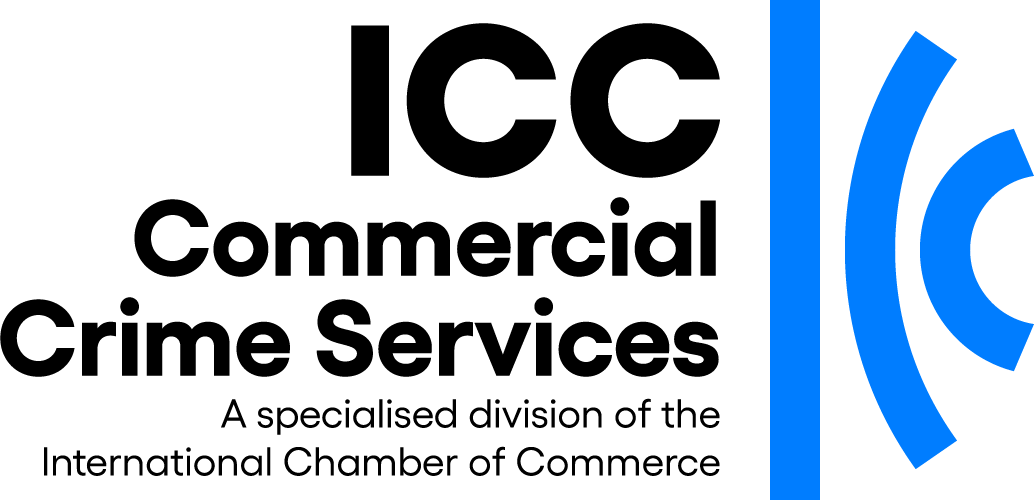
 Fresh reviews by the Financial Conduct Authority (FCA) have found that many small banks and insurance agents based in the UK failed to effectively manage financial risk.
Fresh reviews by the Financial Conduct Authority (FCA) have found that many small banks and insurance agents based in the UK failed to effectively manage financial risk.
 Fresh reviews by the Financial Conduct Authority (FCA) have found that many small banks and insurance agents based in the UK failed to effectively manage financial risk.
Fresh reviews by the Financial Conduct Authority (FCA) have found that many small banks and insurance agents based in the UK failed to effectively manage financial risk.
The authority said that while some firms had made good progress in addressing areas of weakness and saw examples of good practice, it was “disappointed” to find significant shortcomings at other firms.
The reviews, published last month, follow related work carried out on banks in 2011 and insurance brokers in 2010 by the FCA’s predecessor.
The study involved 21 small banks between October 2013 and June 2014, including eight wealth management/private banks, seven wholesale banks, and six retail banks. Five of these firms were included in its previous review.
The review focused on high-risk customers, politically exposed persons and correspondent banking.
“Despite extensive work over recent years to address key issues, there were significant and widespread weaknesses in most banks’ anti-money laundering systems and controls, and in some banks’ sanctions controls,” the Authority said in a press release.
“Although senior management engagement had improved, a third of banks had inadequate resources; staff often had weak knowledge of money laundering risks; and some overseas banks struggled to reconcile their group policies with higher UK requirements,” it added.
The FCA notes however that since the review, several banks have replaced their money laundering reporting officers and four firms have temporarily restricted their business whilst they correct the weakness in their controls.
It has also instructed three banks to undertake an independent review of their systems and controls and two firms have been referred to the enforcement division for investigation.
The review also included 10 small commercial insurance intermediaries between October 2013 and June 2014, including nine Lloyd’s brokers. Five of these firms had been visited during a previous review.
The results showed that overall, most intermediaries’ controls failed to manage bribery and corruption risk effectively.
While some intermediaries’ policies on remuneration, hospitality and training had improved since the last review, bribery and corruption risk assessments were often too narrow and many firms failed to take a rounded view of the risks associated with individual relationships. Half of the third party and client files reviewed were inadequate and senior management oversight was often weak, it found.
Tracey McDermott, FCA director of enforcement and financial crime, said: “Firms must take their responsibility to reduce the risk of financial crime seriously. Significant improvements are still required in this area.
“To do that successfully requires firms to use their judgement and common sense. That is not about box ticking or wholesale de-risking. It is about firms getting the basics right – understanding their customers, the risks they pose and managing those risks proportionately and sensibly.”
In echoing this, ICC’s Commercial Crime Services (CCS) emphasised the importance of due diligence research and anti-money laundering activity by financial institutions.
CCS’ Financial Investigation Bureau has through its checks, helped many banks identify suspicious transactions and potential losses arising from fraud and money laundering.
For more information go here.






